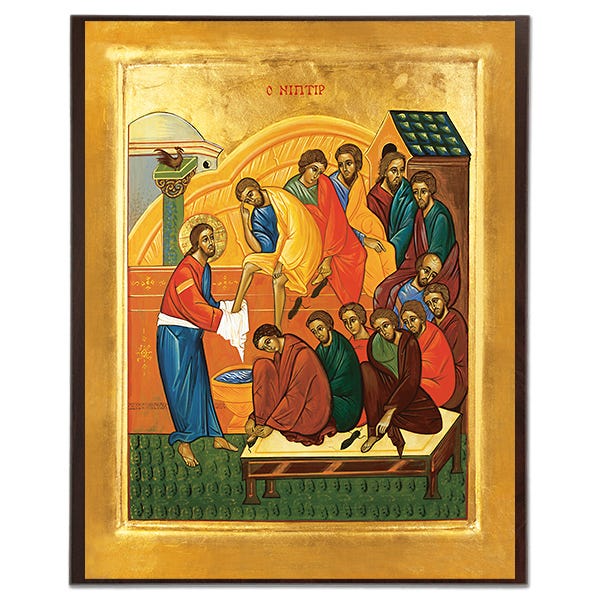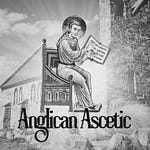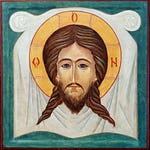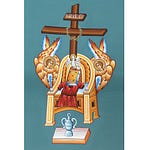When Saint John the Evangelist was going to write about the mystery of our Lord, in which He deigned to wash the feet of His disciples at the Passover meal before He went forth to His Passion, John first took care to make clear what the name “Passover” mystically expressed. Passover means passing over. It derives its ancient name from the Lord’s passing over on this day through Egypt, striking the first-born of the Egyptians and freeing the children of Israel, and from the children of Israel’s passing over on that night from their slavery in Egypt, in order that they might come to the land which had once been promised to their heirs. Mystically it signifies that on this day our Lord would pass over from this world to His Father; and that, following His example, the faithful, having cast off the temptations of the flesh, the world, and the Devil by their continual practice of the virtues, should pass over to their promised heavenly fatherland.
How Jesus passed over from this world to His Father, the evangelist designates when he says, “Since He had loved His own who were in the world, He loved them to the end”; that is, He loved them so much that by that very love He would end His bodily life from a time, and He would soon pass from death to life, from this world to His Father. Saint John then says, “And during supper, when the devil had already put it into the heart of Judas Iscariot, Simon’s son, to betray him, Jesus, knowing that the Father had given all things into his hands, and that he had come from God and was going to God, rose from supper, laid aside his garments.” When S. John was about to speak of the greatest act of humility of the humanity that Christ had taken upon Himself, he first recalled the eternity of His divine power. This was again to teach us that Jesus is both true God and true man, and to admonish us by Christ’s commands that the greater we are, the more we should humble ourselves in everything. He was truly human because He could touch and wash the feet of other human beings, be handed over by another human being, and be crucified by human beings; He was truly God because into His hands the Father had given everything; He had come from from God, and He was returning to God.
Our Lord knew that the Devil had now put it into the heart of Judas to hand Him over. He knew that His Father had given all things into His hand – among these being the betrayer himself and those to whom He would be handed over, and the death which He was about to suffer after He had been handed over – so that He could do as He willed concerning them all, and by His power turn their wickedness into good. He knew that through the humility of his fleshly incarnation He had come forth from God, and that through the victory of His resurrection He was going to return to God, neither abandoning God when He came from from Him, nor abandoning us when He returned to Him. Jesus knew all these things. Yet as an indication of His great benevolence toward us, and as an example of His great humility for us to follow, He rose from the table, put aside His garments, and washed His disciples’ feet, fulfilling the office not of the Lord God but that of a human being, a servant. He even humbly washed the feet of the one whose hands He knew were to be shamefully polluted by His betrayal.
Let us as well take delight in investigating this most humble mystery of our Saviour at a more profound level, the sacred meal at which our Lord reclined with His disciples represents the entire time in which He remained bodily in the Church. He Himself fed everyone far and wide with the banquet of His saving words and the sweetness of His miracles, and was Himself fed by the faith and love of those who heard Him. By converting to the grace of the truth all those who make up His Body, which is the Church, He caused an increase in it, as if in the manner of those who partake of food. He rose from the table and put aside His garments when, ceasing the fuller sharing of His life in time with human beings, He put aside on the Cross the bodily members which He had assumed. He took up a linen towel, with which He girded Himself, when, after having taken up for us the mandate of suffering which He had received from His Father, He covered His body with the torment of His Passion. A linen towel on our Lord is taken to symbolize the pain of suffering. When our Lord had laid aside His garments, He girded Himself with a linen towel to signify that He was putting aside the clothing of His body which He had put on, and that He was doing this not without the distress of sorrow, but with the prolonged anguish of the Cross. He poured water into a basin, and began to wash His disciples’ feet and to dry them with the linen cloth with which He was girded, when, after He was dead on the Cross, He forth onto the ground water along with blood from His side. With these He would cleanse the works of believers, and He deigned not only to sanctify these works by the sacramental mystery of His Passion, but also to strengthen them by the example of His own passion.
And, our Lord said, “If I then, your Lord and Teacher, have washed your feet, you also ought to wash one another’s feet.” We should take this statement both in its literal sense and in its spiritual sense, and we ought to devoutly carry it out. Its literal sense is that we should serve each other in charity, not only by washing the feet of our brothers and sisters, but also by aiding them in any of their needs. The spiritual sense is that, just as our Lord will forgive the sins of those who repent, so also should we hasten to forgive our brothers and sisters when they sin against us. Just as Jesus washes us from our sins by interceding to the Father on our behalf, so also should we, if we know that our brother or sisters is committing a sin, ask that life be given to whom is sinning. And as the Apostle James advises, we should confess our sins to one another, and pray for each other, that we may be saved. Just as Christ laid down His life for us, so we also, if the occasion arises, should lay down our life for our brothers and sisters. After we have kept His commandments and imitated His humility and service, may He bring us to the blessedness of the everlasting sight of Him, Jesus Christ, our Lord and God, Who lives and reigns with the Father in the unity of the Holy Ghost throughout all ages of ages. Amen.
This sermon is adapted from a homily by the Ven. S. Bede.











Share this post